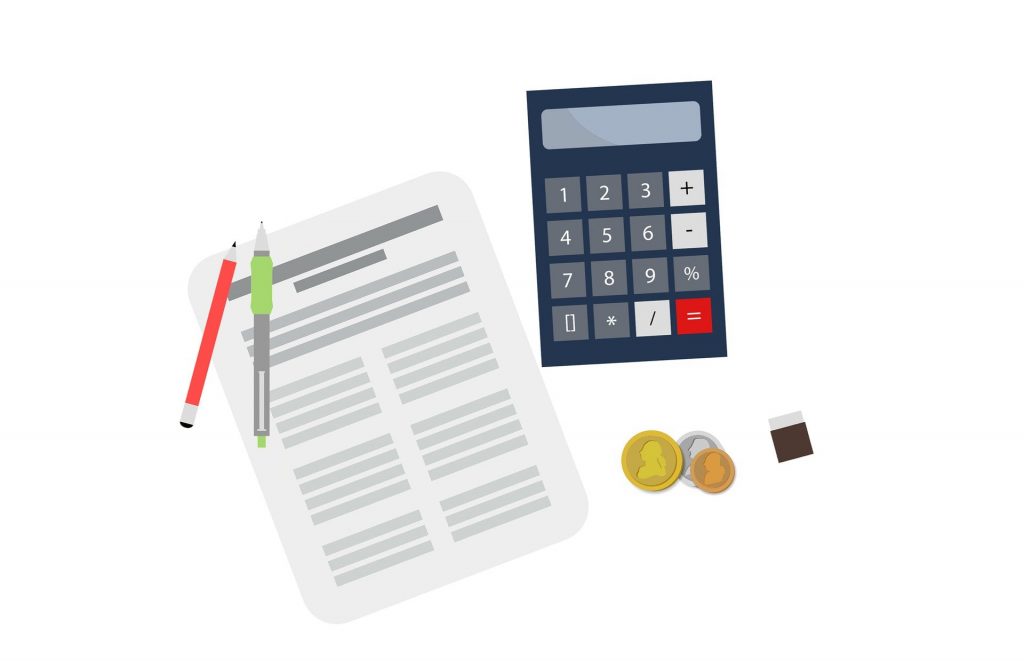Running a business can be stressful and complicated at times. Are you starting a new business? Or perhaps you have recently launched as self-employed. It’s important to inform yourself with as much knowledge of running a business as possible. Firstly, an important factor to consider when it comes to bookkeeping is your allowable expenses. This blog investigates the question, ‘What expenses can I claim?’.
If you have found yourself struggling to know what expenses you can claim, you can contact HMRC’s Self-Assessment Hotline for guidance. Or better still, contact McCarthy Browne for guidance or aid in delegating tasks. I touch on the ways a bookkeeper can help lift the weight off the shoulders of a business owner in my blog The 3 Benefits Of Using A Bookkeeper For Your Business.
For now, let’s explore the basics for claiming expenses below.

What expenses can I claim?
Office costs and business premises costs:
This can include the basics such as your stationery or phone bills and your heating, lighting, and business rates, rent, etc.
Are you working from home? You can claim the proportion of your heating, electricity, internet, and phone bills and council tax. This will be divisible based on business use, e.g., the room/rooms you use in your home for business and the percentage of your overall household bills.
Travel costs:
e.g., fuel, public transport fare, etc as well as hire charges, parking charges, breakdown cover, and vehicle license fees. You can also claim any hotel charges or meals whilst traveling for work. You cannot claim any non-business travel costs, fines, or basic home-to-work commutes.
Clothing expenses:
e.g., uniforms, staff uniforms or costumes for actors and entertainers, and any protective clothing necessary.
Everyday clothing you wear to work cannot be claimed on.
Staff costs:
Such as salaries, bonuses, benefits, agency fees, pensions and national insurance, and any training courses for staff as well as subcontractor costs. Domestic help, however, cannot be claimed for.
Legal and Financial costs:
This can include your insurance or any bank charges or any costs for accountancy, surveying, solicitors, or architects used for business reasons.
You cannot claim any legal fines.
Legal costs of purchasing machinery or property can be claimed as Capital Allowances, along with any business-related vehicles or equipment.
Advertising/marketing:
Any expenses used for promoting your business and services. You cannot claim for entertaining clients or suppliers or any event hospitality.
Training courses related to your specific line of business can also be claimed.
How to claim:
Always keep records of the business costs you wish to expense so you are always able to provide proof of expenses if asked. You then need to calculate the total of all expenses for the tax year, then submit the amount on your Self-Assessment tax return.
Important things to note:
It is important to note that anything you use for business use and personal use can only be claimed on the business portion of use, e.g., the percentage of the phone bill you use for business.
It is also important to note that you cannot claim any allowances or expenses if you use your £1000 tax-free ‘trading allowance’.
If you wish to avoid complicated calculations, you can use simplified expenses. Simplified expenses are flat rates that may be used for working from home vehicles and living on business premises.
Get in touch with McCarthy Browne today if you would like additional support or guidance on this subject.
